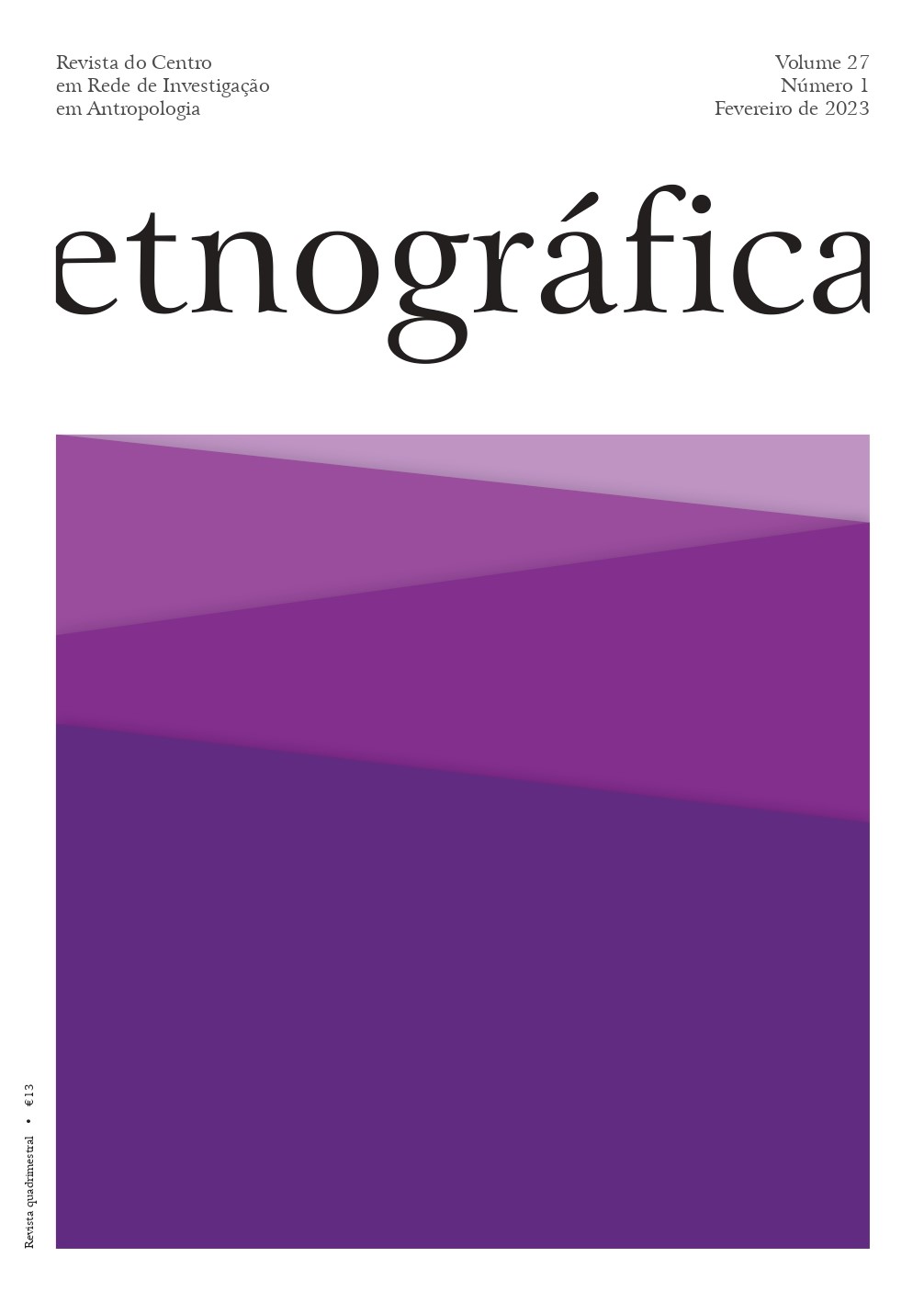Alternative spaces in Lisbon and the resistance to gentrification
Abstract
Between the start of the financial crisis (2007-08) and the pandemic crisis (2020-), Lisbon was at its peak as a fashionable European tourist destination. During this period, in a singular concentration in the Portuguese capital, associations and other collectives proliferated as alternative spaces, overlapping political and cultural action. In this dossier, through a qualitative methodology of ethnographic nature, we show that these spaces form a model of urban development of their own. If, since the 1970s, alternative spaces have played a role in resisting gentrification in several western countries, the case of Lisbon stands out for its contrast with a national context of weak civic participation.
Downloads
Published
2023-07-13
How to Cite
Rego, R., Braga Lopes, J. ., Sadock, M. ., & Estevens, A. (2023). Alternative spaces in Lisbon and the resistance to gentrification. Etnográfica, 27(1). Retrieved from https://revistas.rcaap.pt/etnografica/article/view/32098
Issue
Section
Dossier


